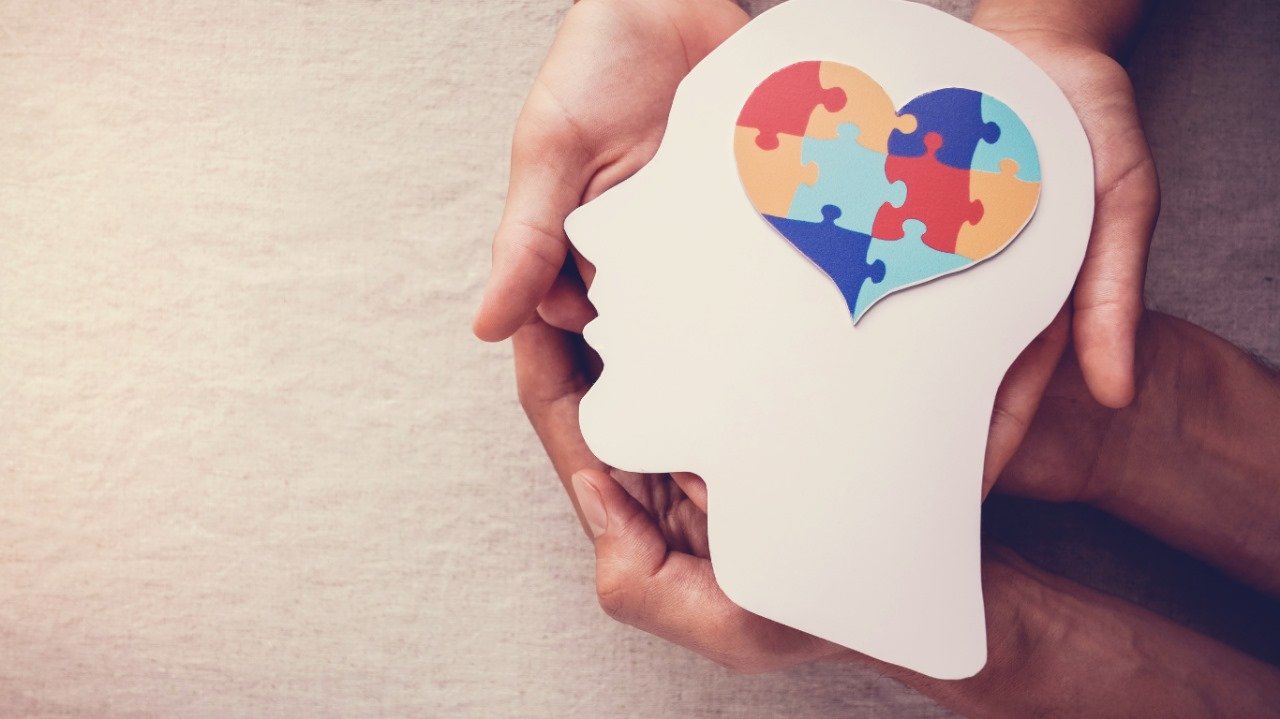
Introduction
Spends habits and mental health have much in common. Investigators recently uncovered that the relationship between how one spends and one’s psychological well-being might be two-sided. Since psychological well-being has always been under the spotlight of new features of the mental health emphasis, recently, the importance of economic and psychological implications related to spending behaviors has also gained relevance. Poor financial management can exacerbate the condition of mental health and vice versa: Mental health issues may even promote impulsive or destructive spending behavior. Therefore, one must also research recent studies and conduct an in-depth analysis of the economic implications of financial decisions sparked by mental health issues to understand this issue.
Mental Health and Its Implications for Spending Behaviour
Many studies show that the existence of mental disorders foretells poor behavior in finances. Depression, anxiety, and stress can sometimes lead to over-expenditure, instant purchases, or failure to meet financial obligations at times. Another study published in the Journal of Behavioral Decision-Making established that anxiety-stricken subjects spent more as an escape from personal distress, resulting in further financial damage.
Depression can lead to a refusal to budget or pay bills on time, which guarantees the progression of a vicious cycle of debt. The American Psychological Association reports that nearly 72% of Americans report being financially stressed at some point in their lives, with the most common stressors being instability in work or student loans. Chronic stress is linked to financial problems and exacerbates mental health, creating a vicious circle.
Spending as a Coping Mechanism
Most people diagnosed as suffering from mental disorders tend to throw their hard-earned cash as emotional grounds for coping. Retail therapy, for example, is an action based on the need for instant gratification. According to Psychology & Marketing, it has been found that individuals who engage in retail therapy for a while experience a temporary improvement in moods, but such moods are afterward characterized by regret and guilt, especially if the expenditure is not sustainable.
This behavior underlines an important relationship between emotional state and spending, which prioritizes short-term relief over long-term stability in one’s pocket. This process leads to extreme economic burdens such as debt accumulation, reduction in savings, and bad credit scoring, which, of course, is carried forward into more stresses and anxieties.
Economic View: The Price Tag of Bad Financial Habits
From the economic cost standpoint, reckless spending caused by mental illness has various costs to the individual and society at large. To the individual, the lack of budget control leads to severe financial instability. According to a Consumer Financial Protection Bureau report, close to 30% of Americans are habitual overspenders, which can lead to debts and other economic complications.
These habits also have economic implications not only for individuals but also for society as a whole. The cost of care for mental health care services, as well as the increased burden of debt, weigh down both public and private resources. As posted by the World Economic Forum, the world economy spends close to $1 trillion each year due to lost productivity, absenteeism, and increased health needs resulting from mental health disorders.
Destructive financial behaviors, themselves the product of mental illness, likewise block economic mobility. Those trapped in debt cycles will not invest in more productive opportunities – education, saving for retirement, or homeownership – all of which would merely widen the gap and perpetuate inequality through an economy.
Financial Stress Affects Mental Health
On the other hand, financial stress can severely impair one’s mental health. Some live paycheck to paycheck, are insecure about their jobs or have built-up debts to pay. Some of these are chronic sources of stress that may lead to anxiety disorders, depression, and even suicidal thoughts. According to the National Institute of Mental Health, a 2023 study shows that the person undergoing significant financial stress has an episode of depression three times more than a person who has no financial stress at all; this leads to economic insecurity that further affects sleep, one’s physical health, and even relationships; this can culminate in poor decision-making processes, making things increasingly tight, but the first step to the institution of solutions is hard to act out. According to the American Psychiatric Association, financial breakdowns are responsible for most relationship break-ups, and thus, this means one has to carry more significant mental health burdens.
Solutions: Building the Gap
Some necessary interdisciplinary efforts are being made toward bridging spending habits with mental health. At the individual level, these two main areas include financial literacy and emotional regulation. One widely considered solution for reducing financial stress involves educating consumers about budgeting, saving, and managing debt. Awareness of the emotional drivers behind spending can also help people make more conscious financial decisions.
Integrating financial wellness programs with mental health care may be seen, from a societal perspective, as offering a holistic solution. For example, in the UK, the National Health Service piloted programs that would include financial counseling as part of the therapy package for mental health disorders. Preliminary evaluations indicate improvements in financial and emotional well-being.
Another more serious trend is the importance of incorporating financial well-being into workplace wellness programs. A study by the Employee Benefit Research Institute has shown that employees who participate in financial wellness programs report lower levels of financial stress and greater job satisfaction.
Conclusion
The relationship between spending habits and mental health is complex and multidimensional. Poverty in mental health may fuel destructive behavior. Alternatively, financial pressure can damage mental health and ultimately worsen it. Grasping this interaction becomes critical for individuals and policymakers addressing this dynamic’s economic and psychological impact. This gap might be bridged through enhanced financial literacy and through relating financial counseling to mental health treatment, ending up with a healthy relationship between mental well-being and financial management.

Leave a Reply